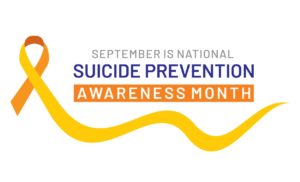Kids Know Technology, Parents Know Relationships

Let’s face it, technology can be daunting, especially for those of us who did not earn a degree in computer science or some other technology related field. Technology is everywhere and encompasses a wide range of activities we engage in, as individuals and families, from communication and connection to learning and having fun. In today’s culture, children are programmed from a young age on how to use technology and the internet. Many parents discover that their child knows how to use technology better than they can. As a parent, this can feel overwhelming and one may experience feelings of guilt, anxiety and confusion surrounding evolving technological dilemmas and how to help your child manage them. Don’t underestimate your ability and judgement as a parent to provide the necessary tools in helping your child discover and understand how to appropriately use technology. Follow these simple techniques on how to approach your child when helping him or her learn how to navigate technology and the internet world:
- Educate yourself beforehand – understand how your child’s device works, where the parental controls are, websites your child goes to, apps he likes to you and people your child may be in contact with while on these sites or apps.
- Open the lines of communication early on and maintain an ongoing conversation by asking them to show you the hottest app or game, playing an online game with them, having your child show you a new technology trick or tip he learned or showing interest in the websites your child likes to go to.
- Acknowledge to your child that you understand the importance that technology plays in his life by being supportive and positive.
- Maintain an open mind and use active listening – asking questions if your child tells you something that you do not understand.
- Communicate your expectations and values clearly around how they apply to an online context.
- Empower your child to use one’s best judgement. – Talk to him about good decision-making and encourage him to demonstrate critical thinking skills as he faces risky situations or dilemmas.
- Praise and support good choices.
- If on social media, review the privacy settings with your child and talk about the risks and dangers of sharing personal information online.
- React constructively if your child encounters inappropriate material.
- Remember kids make mistakes, its inherently inevitable as it is how humans learn. However, studies have shown children are less likely to go to their parents when they make a mistake or when something bad happens because they don’t think they will understand, they are afraid their technology will be taken away or the parent will intervene and make things worse. Take your child’s feelings into consideration when he makes a mistake and provide him with the patience and grace needed, with you by his side. These are the moments that provide you with the opportunities to teach, talk and toughen up your family’s values and expectations while helping your child learn to be responsible technology users.



